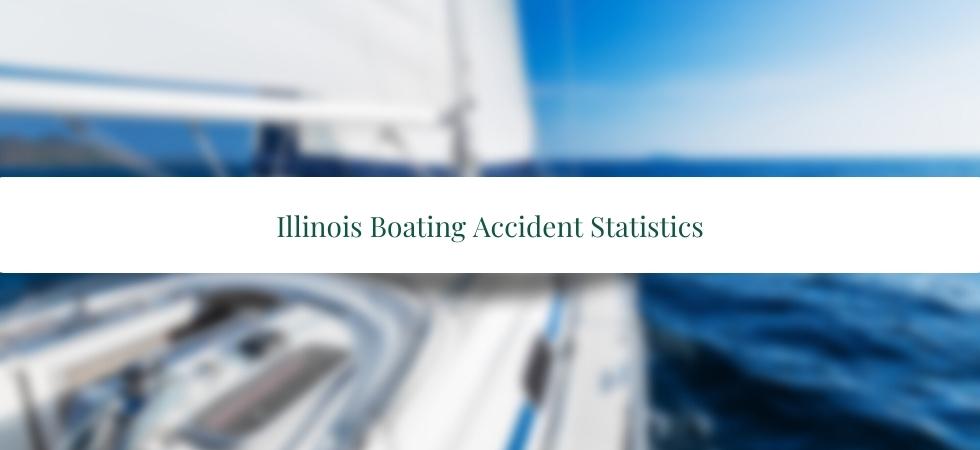Summertime boating is a delightful pastime that Chicagoans look forward to all year long. From recreational boating on the infamous Lake Michigan to peaceful kayaking on Maple Lake, boatloads of fun can be had for everyone. Or perhaps you rather float past rush hour traffic and commute for business or pleasure via the Chicago Water Taxi system. Whatever way motor on water, Chicago has something for you.
However, just like driving a car, some dangers come with operating any motorized machine.
Illinois Boating Accident Statistics
Ignoring safety precautions and laws can lead to critical injuries and even wrongful death. In FFY 2020, the last year for data, 21 Illinoisans died from boating accidents. This resulted in 9.7 deaths per 100,000 registered recreational vessels.
Here is the breakdown of these fatalities:
- 15 people may have survived if they were wearing PFDs/life jackets
- 18 fatalities occurred under clear conditions and 15 under calm waters
- 20 fatalities happened under the operation of a boat owner with no formal boat safety education
- 7 of the fatalities involved alcohol/drug impairment
Tragically, many of these deaths could have been avoided.
Causes of Boating Injuries
Under Illinois and federal laws, boat owners and operators are generally held liable to the highest degree. This includes preventing injury to participants, keeping swimmers and other people using the waters safely, and preventing accidents with other boats.
Some common accidents are caused by:
- Equipment failure due to maintenance negligence
- Improper training
- Not wearing lifejackets or PFDs
- Swamping or sinking of the boat
- Falling overboard and running around
- Driving the boat at excessive speeds
- Boating during adverse weather and water conditions
- Drug and alcohol-related issues
- Failing to properly supervise children
Working with a Boating Injury Attorney
Boating incidents require knowledge of the interplay between injury and maritime law. Working with an experienced boating injury attorney can help the victim physically, mentally, and financially recover. This could include medical expenses, lost wages, future earnings, future medical care, pain and suffering, grief, sorrow and mental suffering, loss of quality of life, and other possible damage claims.

